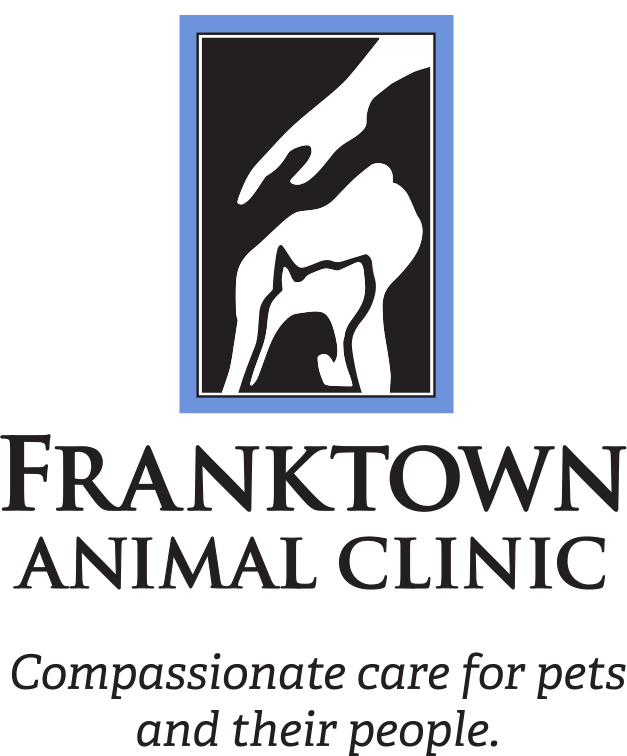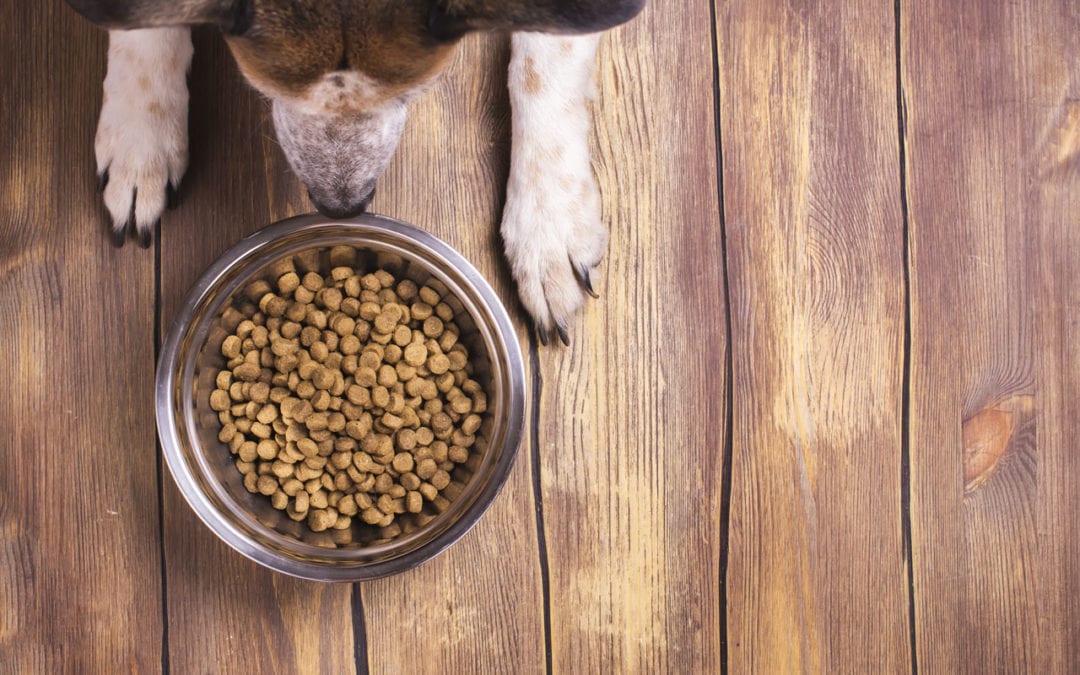First of all, what are grain-free diets? These diets tend to use legumes, such as peas, lentils, and soybeans, along with potatoes as their main ingredients, as opposed to corn or rice. Pet food trends tend to parallel current human diet trends, so with the proliferation of gluten-free foods for people, many pet food companies decided that grain-free diets were necessary for our pets as well. This is not the case. Grain-free diets were created without any real scientific basis behind them. Grains are not harmful to pets in any way. Our pets do not get celiac disease and true grain allergies are exceedingly rare. Many of the boutique pet food companies that create these diets have not performed feeding trials or conducted any adequate research on these foods.
Unfortunately, a major problem has come to light regarding these diets. Veterinary cardiologists have found a link between grain-free diets and a heart disease known as dilated cardiomyopathy. Dilated cardiomyopathy (DCM) is a disease in which the heart muscle becomes weak and the chambers of the heart abnormally distended. Untreated, DCM can be quite serious and lead to heart failure. Normally, DCM is only seen in a select few breeds, including Boxers and Doberman Pinschers. However, cardiologists have recently been diagnosing this disease in other breeds (especially Golden Retrievers) consuming a grain-free diet. The suspected link is a deficiency in an amino acid called taurine, which is essential for the heart to function normally. An interesting fact to note, however, is that these diets are not low in taurine themselves; rather, dogs eating these foods seem to have a problem with taurine absorption and/or metabolism. To complicate matters further, some dogs’ blood taurine levels actually test normally and they still develop DCM if they are consuming a grain-free diet! We do not know the underlying mechanism behind this. Therefore, a simple correlation is all we have to go on at this point. Research studies are working to determine the true cause of the problem.
So what to do if you have been feeding a grain-free diet to your pet? The quickest and easiest solution is to switch diets. Hill’s, Royal Canin, Iams, Purina, and Eukanuba are all excellent, well-balanced choices. Be sure to switch to a new diet gradually over 1 week so your pet does not get diarrhea. Some of the diets to avoid include Zignature, Blue Buffalo, Merrick, and Taste of the Wild, along with raw and home-cooked diets. For those few animals with severe food allergies, a grain-free diet may be the only diet that won’t upset their stomach. In these cases, supplementation with taurine may be beneficial. Small dogs less than 10 kg. should receive 250 mg twice daily, medium size dogs from 10-25 kg. should receive 500 mg twice daily, and large breed dogs over 25 kg. should receive 1000 mg twice daily. It is important to note that taurine supplementation does not always prevent or treat dilated cardiomyopathy. The good news, though, is that a taurine supplement is not harmful in any way. Another option is to add a pre-made grain mix to your pet’s diet. Dr. Harvey’s Miracle Food is a good choice.
If your veterinarian detects a heart murmur or arrhythmia on auscultation and your pet has been eating a grain-free diet, a consultation with a cardiologist would be most important. A cardiologist can perform an echocardiogram (ultrasound of the heart) to determine if any evidence of DCM is present, and then treat him/her appropriately with medication.
There are still a lot of unanswered questions surrounding grain-free diets and their link to heart disease. The bottom line is that feeding a grain-free diet is risky. Until we know more, it is simply best to avoid these diets altogether. Your veterinarian can work with you to determine a better, more balanced diet plan for your pet.


